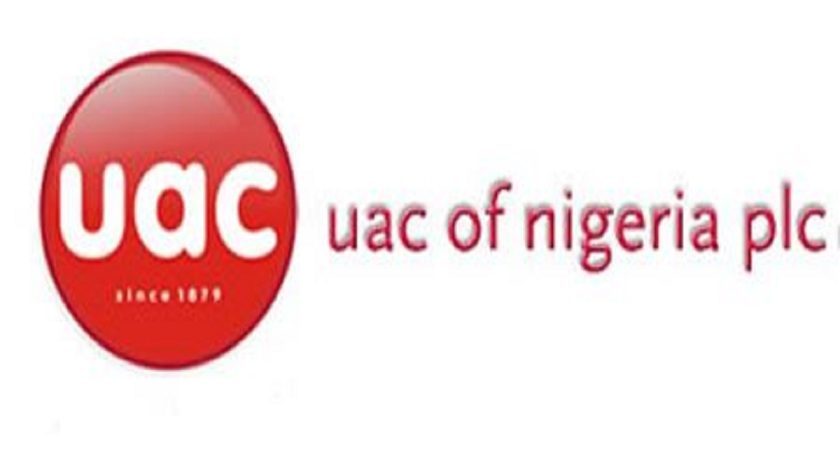UAC Nigeria’s Crystallised Shares: What Investors Should Know
UAC Nigeria Plc (UACN) recently disclosed to the Nigerian Exchange (NGX) that 24 employees have received over 65 million shares through the company’s Long-Term Incentive Plan (LTIP), now crystallised under the company’s Value Creation Plan.
In simple terms, crystallisation means these shares previously granted but subject to performance and time-based conditions have now fully vested. The employees now own these shares outright, at no cost, aside from taxes already deducted.
The number of shares awarded varies significantly per employee, ranging from as few as 70,067 shares to as high as 26,072,215 shares. Other notable allocations include grants of 491,818, 210,826, 210,519, 1,546,062, and 1,827,163 units.
The total allocation of over 65 million shares marks a significant milestone in UACN’s ongoing commitment to employee incentivisation and performance-driven culture.
Why It Matters
- Aligning Interests with Shareholders
The LTIP is designed to align employee performance with shareholder value. By granting actual equity, employees are motivated to act in the long-term interest of the company, especially when share price and profitability drive their potential gains.
- Attracting & Retaining Top Talent
In an increasingly competitive business environment, equity-based compensation is a powerful tool to retain high-performing staff, especially senior executives and key contributors.
- Cash Efficiency
Equity rewards like these don’t immediately impact UACN’s cash flow, which is helpful in navigating volatile macroeconomic conditions while still rewarding talent.
Impact on Shareholding Structure
● Total Shares Outstanding:
As of the latest data, UACN has approximately 2.93 billion shares in circulation.
● Crystallised Shares (65 million units):
This represents about 2.2% of total shares. The shift is not insignificant but manageable in the context of UACN’s broad shareholder base.
● Dilution Consideration:
The crystallised shares may result in mild dilution for existing shareholders, particularly if these shares were newly issued. However, in most LTIP structures, such shares are pre-approved and reserved, which helps mitigate surprise dilution.
● Employee Ownership:
Employees now collectively hold a small but material stake in the business. This can foster a stronger ownership mindset across management ranks.
UACN has followed due disclosure processes by notifying the NGX and publicly outlining its employee equity awards. The company continues to embed a performance-linked compensation model, which is considered best practice among listed firms.
As these are non-cash awards (net of tax), they don’t pressure the company’s liquidity, though they will reflect as non-cash expenses in the financials, under accounting for share-based compensation.
However, investing public and stakeholder should continue to monitor further LTIP activity, particularly how many shares remain unvested or available for future grants.
UACN’s crystallisation of over 65 million shares to 24 employees under the Value Creation Plan is a well-calculated move. It reflects a maturing governance structure, deeper commitment to long-term value, and greater alignment between executives and shareholders.
For investors, while the impact on dilution is modest, the real value lies in creating an engaged and performance-driven leadership team key to sustaining long-term growth in one of Nigeria’s oldest conglomerates. #UAC Nigeria’s Crystallised Shares: What Investors Should Know#
Prestige Assurance Financial Performance and Forward-Looking Market Outlook

